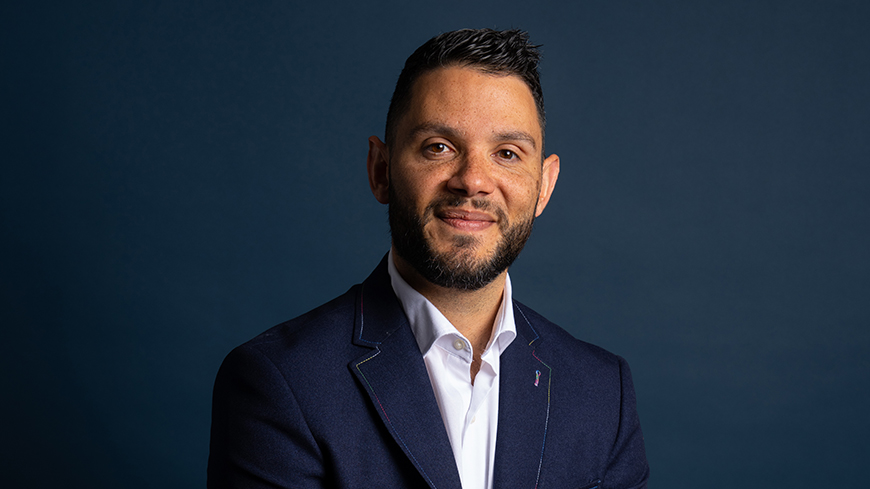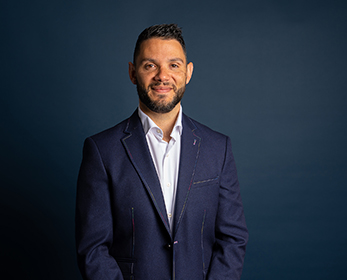At Edith Cowan University (ECU), we're connected by a common purpose to transform lives and enrich society.
The Vice-Chancellor's Indigenous Futures Fellowship (VCIFF) Scheme seeks to attract and provide opportunities for a cohort of new Aboriginal and Torres Strait Islander leaders and academics.
When Aboriginal and Torres Strait Islander people enter academic spaces, they bring invaluable perspectives and have the unique ability to infuse Indigenous ways of being, knowing and doing throughout teaching and research programs.
Indigenous milestones
Historically, Aboriginal and Torres Strait Islander people were effectively excluded from education.
In the first ten years of ECU's education of Aboriginal tertiary students, only four graduates benefitted from the experience, the first being Len Hayward who graduated from the then Claremont Teachers' College in 1951.
It wasn't until 2000, when a Western Australian university had its first Aboriginal PhD student.
Since Len Hayward's time, over 700 Aboriginal and Torres Strait Islander people have reached their potential and graduated, becoming part of ECU's Aboriginal and Torres Strait Islander Alumni community.
It is these milestones that have paved the way for Aboriginal and Torres Strait Islander people in higher education.
 Professor Braden Hill.
Professor Braden Hill.
Vice-Chancellor's Indigenous Futures Fellowship
ECU Deputy Vice-Chancellor (Students, Equity and Indigenous), Professor Braden Hill said that we must remember that even by the end of the 1970s, there were less than 100 Aboriginal and Torres Strait Islander people studying in Australian universities.
"It has taken a long time for us to see Indigenous academics come into the sector. There is much work to still be done," Professor Hill said.
"ECU's purpose is something that resonates for me and a lot of my Aboriginal and Torres Strait Islander colleagues as it has been my experience.
"At ECU, we have the opportunity to instil our rich history, culture and creative thinking in everything we do to shape a better future for our people, our students, and community."
The Fellowship Scheme embodies ECU's dedication to Indigenous-focused teaching, curriculum, learning, research, and community engagement.
It ensures that cultural knowledge, community connection, professional experience, and industry expertise are integrated into our academic environment, fostering a holistic and inclusive approach to education.
"ECU respects that cultural knowledge, community connection, professional experience, and industry expertise are vital to academia, and we want to provide pathways and opportunities whether you're at the start of your journey in academia, an industry professional or a senior Indigenous knowledge holder," Professor Hill said.
"ECU is a place where we celebrate Indigenous excellence. We understand the importance of Indigenous knowledges and we are committed to supporting and empowering Aboriginal and Torres Strait Islander peoples to lead and shape their futures."
Visit ecu.edu.au/employment-opportunities to find out more.

 Edith Cowan University.
Edith Cowan University.



